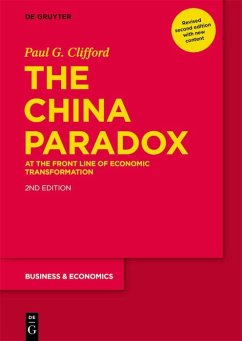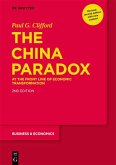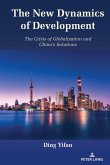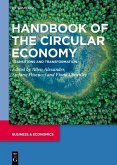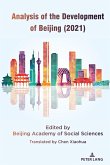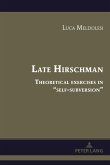Five years after this book was first published, much has changed within China and in its relationship with the world. This second edition provides extensive fresh new material. It explains how China has raised its game, moving from a catch-up mode to technological innovation in some areas, while still languishing in technology dependence in other respects. Earlier, China had shown signs that its driving spirit was faltering with its sails flapping. Under Xi Jinping, renewed energy has been injected. But at the same time Xi and his party have strongly reinforced their control across society and the economy, posing the question of whether Xi's New Era in fact marks a retreat from the reforms.
This second edition contains two new chapters. One profiles Huawei, a national champion in advanced technology. Another focuses on China's frictions with the world which have been fueled by a perception that its technology progress threatens US global dominance, coupled with China's human rights record. In addition, against a background of the challenges faced by Alibaba and other firms, there is analysis of this watershed in China's private sector's autonomy. There is also extensive new insight into Xi Jinping's rule.
As it celebrates its 100th anniversary in 2021, the Chinese Communist Party displays strong optimism over its continued governance of China. But that should not mask the longer-term risks to China's development and stability if its hybrid model continues to unravel as reforms are abandoned in favor of heightened autocracy.
Paul G. Clifford, Non-resident Senior Fellow, Harvard Kennedy School, USA
Dieser Download kann aus rechtlichen Gründen nur mit Rechnungsadresse in A, B, BG, CY, CZ, D, DK, EW, E, FIN, F, GR, HR, H, IRL, I, LT, L, LR, M, NL, PL, P, R, S, SLO, SK ausgeliefert werden.
"This is a 'must-read' not only for those interested in China's trajectory but also for those interested in global economic and political issues." Carla A. Hills, Chair and CEO, Hills & Company; former US Trade Representative
". . . an outstanding primer on how to evaluate and how to interact with an entirely new, unprecedented set of challenges and opportunities." Craig Allen, President, US-China Business Council; former Department of Commerce Deputy Assistant Secretary for China

